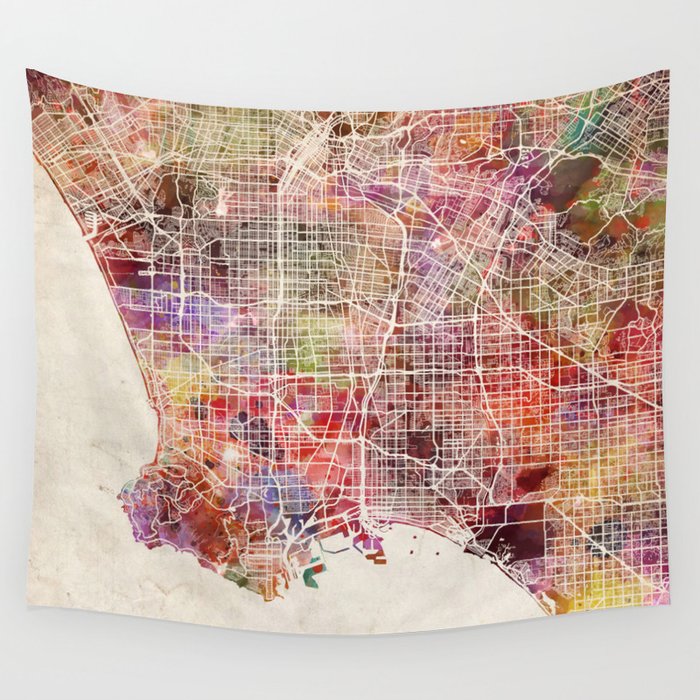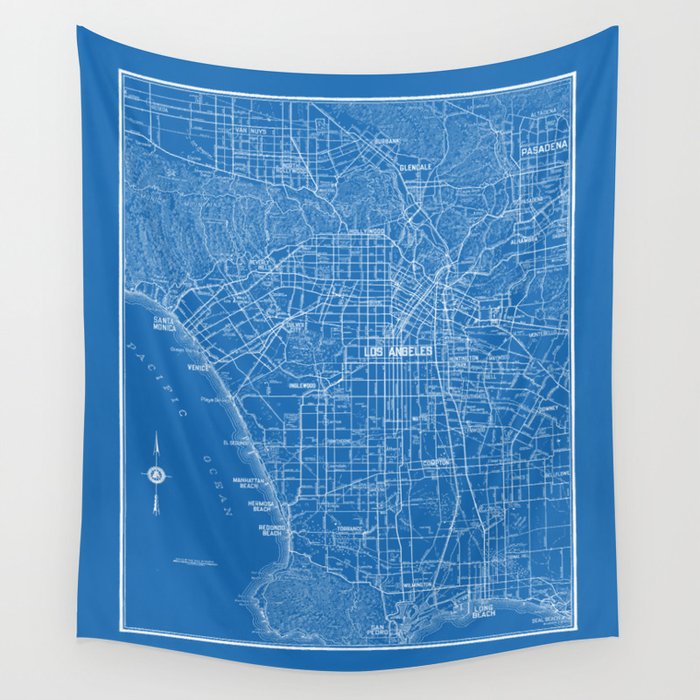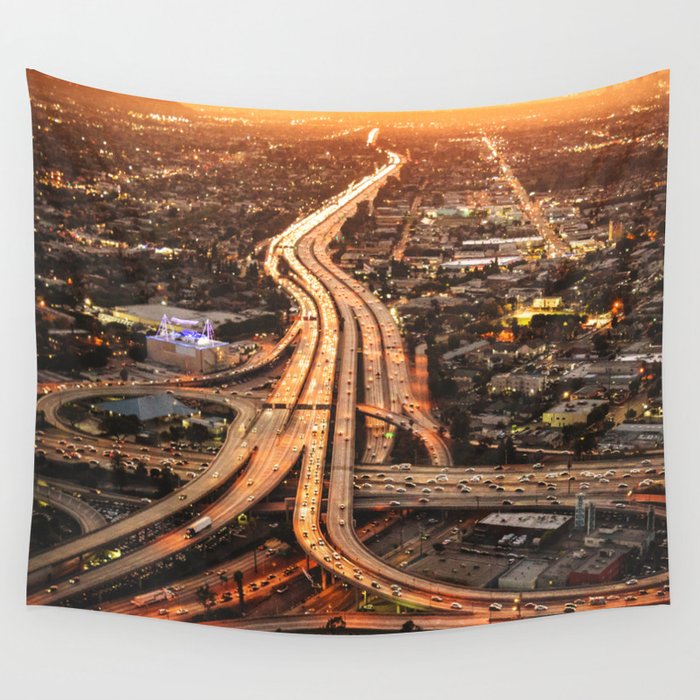Navigating the Tapestry of Los Angeles County: A Comprehensive Guide to its Cities
Related Articles: Navigating the Tapestry of Los Angeles County: A Comprehensive Guide to its Cities
Introduction
With enthusiasm, let’s navigate through the intriguing topic related to Navigating the Tapestry of Los Angeles County: A Comprehensive Guide to its Cities. Let’s weave interesting information and offer fresh perspectives to the readers.
Table of Content
Navigating the Tapestry of Los Angeles County: A Comprehensive Guide to its Cities

Los Angeles County, a sprawling metropolis nestled along the Pacific Coast, is a vibrant tapestry of diverse communities, each possessing its unique character and charm. Its map, a visual representation of this intricate network of cities, serves as an invaluable tool for understanding the county’s complex geography, cultural nuances, and economic landscape.
A Mosaic of Cities:
Los Angeles County boasts 88 incorporated cities, each contributing to the region’s multifaceted identity. From the bustling metropolis of Los Angeles itself, a global hub of entertainment and commerce, to the idyllic beach towns of Malibu and Manhattan Beach, each city offers a distinct experience. The county’s diverse urban fabric is further enriched by smaller, historic cities like Pasadena and Glendale, known for their cultural institutions and architectural gems, and suburban communities like Torrance and Santa Clarita, characterized by their family-oriented atmosphere and diverse housing options.
A Geographical Tapestry:
Los Angeles County’s topography is as diverse as its urban landscape. The coastal region, home to iconic beaches like Santa Monica and Venice, transitions inland to the San Gabriel Valley, a region known for its rolling hills and suburban sprawl. The county’s eastern boundary is marked by the San Gabriel Mountains, a breathtaking range offering stunning views and recreational opportunities. The Santa Monica Mountains, running along the coast, provide a natural buffer between the urban core and the Pacific Ocean.
The Importance of the Map:
The Los Angeles County map with cities serves as a vital tool for understanding the county’s intricate geography and urban tapestry. It offers a visual representation of:
- Urban Sprawl: The map highlights the sprawling nature of the county, showcasing the interconnectedness of its numerous cities and suburban communities.
- Transportation Infrastructure: It reveals the county’s extensive network of highways, freeways, and public transportation systems, providing insights into the challenges and opportunities associated with navigating this sprawling region.
- Economic Activity: The map helps visualize the concentration of economic activity in different areas, highlighting industrial hubs, commercial centers, and cultural districts.
- Community Dynamics: It illustrates the diverse demographics and cultural makeup of the county, showcasing the unique characteristics of each city and its contribution to the region’s overall identity.
Understanding the Map’s Significance:
The map’s significance extends beyond its ability to depict geographical features. It offers a powerful tool for:
- Planning and Development: Urban planners and developers utilize the map to understand existing land use patterns, identify areas for future growth, and ensure sustainable development practices.
- Public Policy and Service Delivery: Government agencies rely on the map to allocate resources, plan public services, and address the needs of diverse communities.
- Business and Investment: Businesses and investors use the map to assess market potential, identify strategic locations, and understand the dynamics of different areas.
- Community Engagement: The map empowers residents to understand their neighborhood’s context within the larger county landscape, fostering community engagement and informed decision-making.
Frequently Asked Questions
Q: What are some of the most populous cities in Los Angeles County?
A: The most populous cities in Los Angeles County are Los Angeles, Long Beach, Glendale, Pasadena, and Santa Monica.
Q: What are the major industries in Los Angeles County?
A: Los Angeles County is a major hub for entertainment, aerospace, technology, healthcare, and manufacturing.
Q: What are some of the most popular tourist destinations in Los Angeles County?
A: Popular tourist destinations in Los Angeles County include Hollywood, Disneyland, Universal Studios Hollywood, Santa Monica Pier, and Griffith Observatory.
Q: What are some of the cultural institutions in Los Angeles County?
A: Los Angeles County is home to renowned cultural institutions such as the Getty Center, the Los Angeles County Museum of Art (LACMA), the Broad, and the Walt Disney Concert Hall.
Tips for Using the Los Angeles County Map with Cities
- Identify Key Landmarks: Familiarize yourself with prominent landmarks such as beaches, mountains, and major intersections.
- Understand Transportation Networks: Analyze the location of freeways, highways, and public transportation lines to plan your commutes or travel routes.
- Explore Different Neighborhoods: Use the map to discover diverse neighborhoods and their unique characteristics, such as cultural offerings, housing options, and community events.
- Plan Your Activities: Utilize the map to locate attractions, restaurants, shopping centers, and recreational areas based on your interests.
- Consider Geographic Factors: Take into account factors like proximity to the coast, mountains, or major urban centers when making decisions about housing, work, or leisure activities.
Conclusion
The Los Angeles County map with cities is more than just a geographical representation. It serves as a vital tool for understanding the county’s complex urban fabric, its diverse communities, and its intricate network of economic, social, and cultural forces. By navigating this map, we gain a deeper appreciation for the county’s rich history, its vibrant present, and its promising future.








Closure
Thus, we hope this article has provided valuable insights into Navigating the Tapestry of Los Angeles County: A Comprehensive Guide to its Cities. We thank you for taking the time to read this article. See you in our next article!